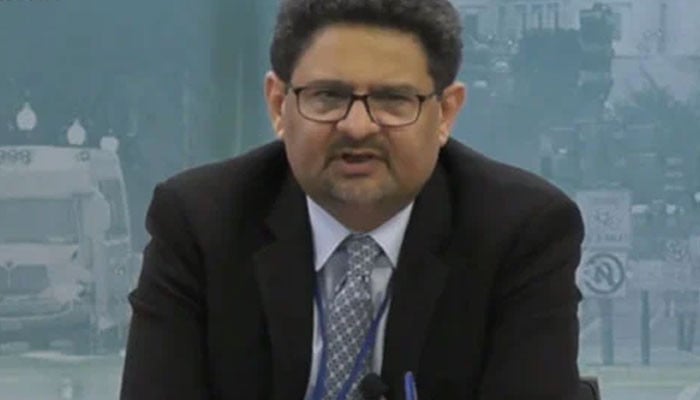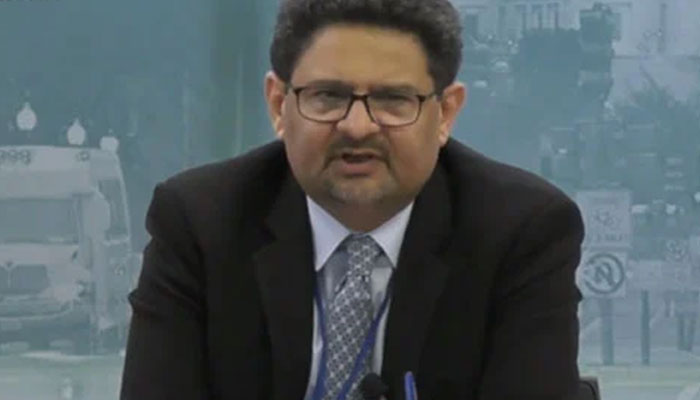Miftah Ismail agrees with IMF to curtail subsidies on petroleum products
WASHINGTON: While renegotiating the $6 billion Extended Fund Facility programme with the International Monetary Fund (IMF), the newly appointed Finance Minister Miftah Ismail on Friday agreed with the lender’s recommendations regarding reducing fuel subsidies, pledging to pursue structural reforms to boost a crisis-wracked economy.
In 2019, the IMF approved a $6 billion loan for Pakistan but disbursement has been slowed down by concerns about the pace of reforms.
Ismail, who took charge this month after the previous government lost a no-confidence vote, said he had “good discussions” with the IMF during the Washington-based lender’s annual spring meetings.
“They have talked about removing the subsidy on fuel. I agree with them,” Ismail, himself a former IMF economist, said at the Atlantic Council.
“We can’t afford to give the subsidies that we’re giving. So we need to curtail these,” he said.
The finance minister further added that former prime minister Imran Khan had set a “trap” for his successors through heavy subsidies on fuel. Ismail, however, said that some targeted subsidies should remain for Pakistan’s poorest amid rising global prices.
Soon after being appointed as the finance minister, Ismail had said that the subsidy allowed for petrol for the months of May and June would cost Rs96 billion, and the “government cannot bear this burden”.
The finance minister had maintained that PTI’s government had left landmines for the incumbent government.
“…by not taking tax on petrol and diesel, Imran Khan has put Shehbaz Sharif-led government in trouble […] making petrol cheap is not a favour, it is the nation’s money through which they give subsidy,” the finance minister had elaborated.
He had said the government is giving a subsidy of Rs52 on diesel and Rs21 on petrol, and due to this, Rs68 billion were paid off from the national exchequer in terms of April’s subsidy.
Ismail during a virtual session of the Atlantic Council said that Pakistan — the world’s fifth-most populous nation — needed to move to a new economic model by removing obstacles and promoting exports to the world.
“We have such an elite-benefitting country that almost every subsidy that you can speak of actually goes to the richest people,” he said.
Govt rejects proposal to hike petrol price
On April 15, PM Shehbaz Sharif rejected the Oil and Gas Regulatory Authority’s (OGRA) proposal to hike the prices of petroleum products in the country.
PM Shehbaz had said the government rejected the proposal for hiking the prices of petroleum products and vowed to take steps for the people’s welfare.
“…we cannot further burden the already burdened masses […] we will have to address the challenges collectively,” the prime minister had told the leaders in attendance.
On February 28, former prime minister Imran Khan announced a reduction of Rs10 per litre in petrol and diesel prices and a price freeze till the announcement of the budget for 2022-23.
For all the latest business News Click Here


